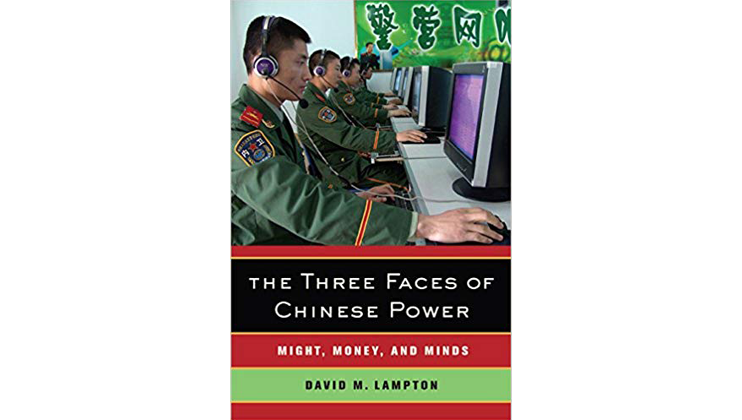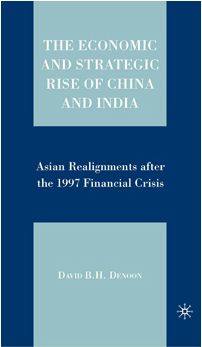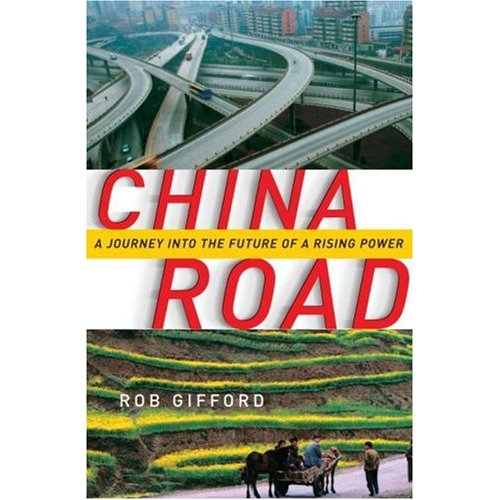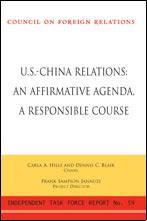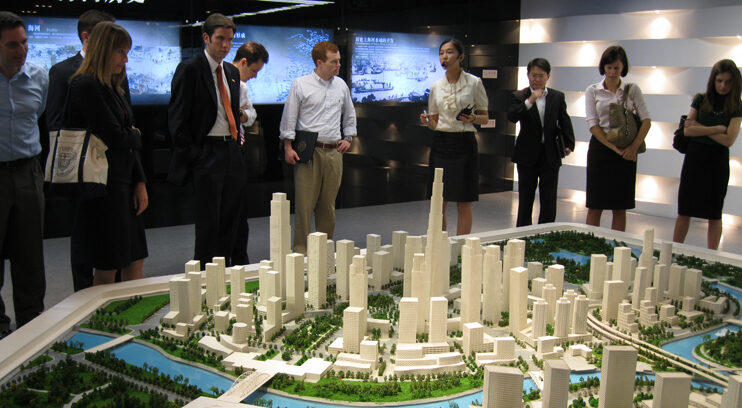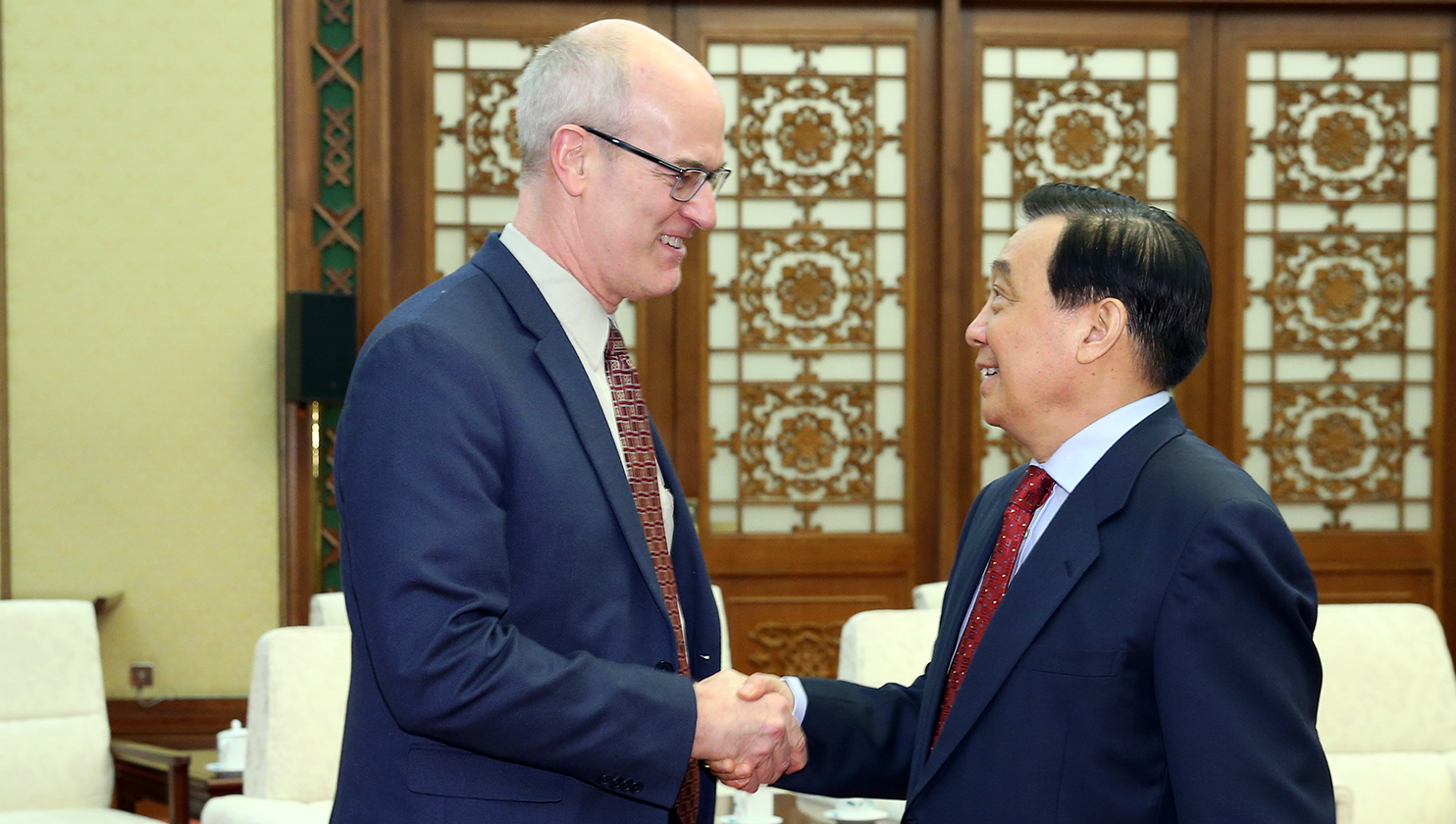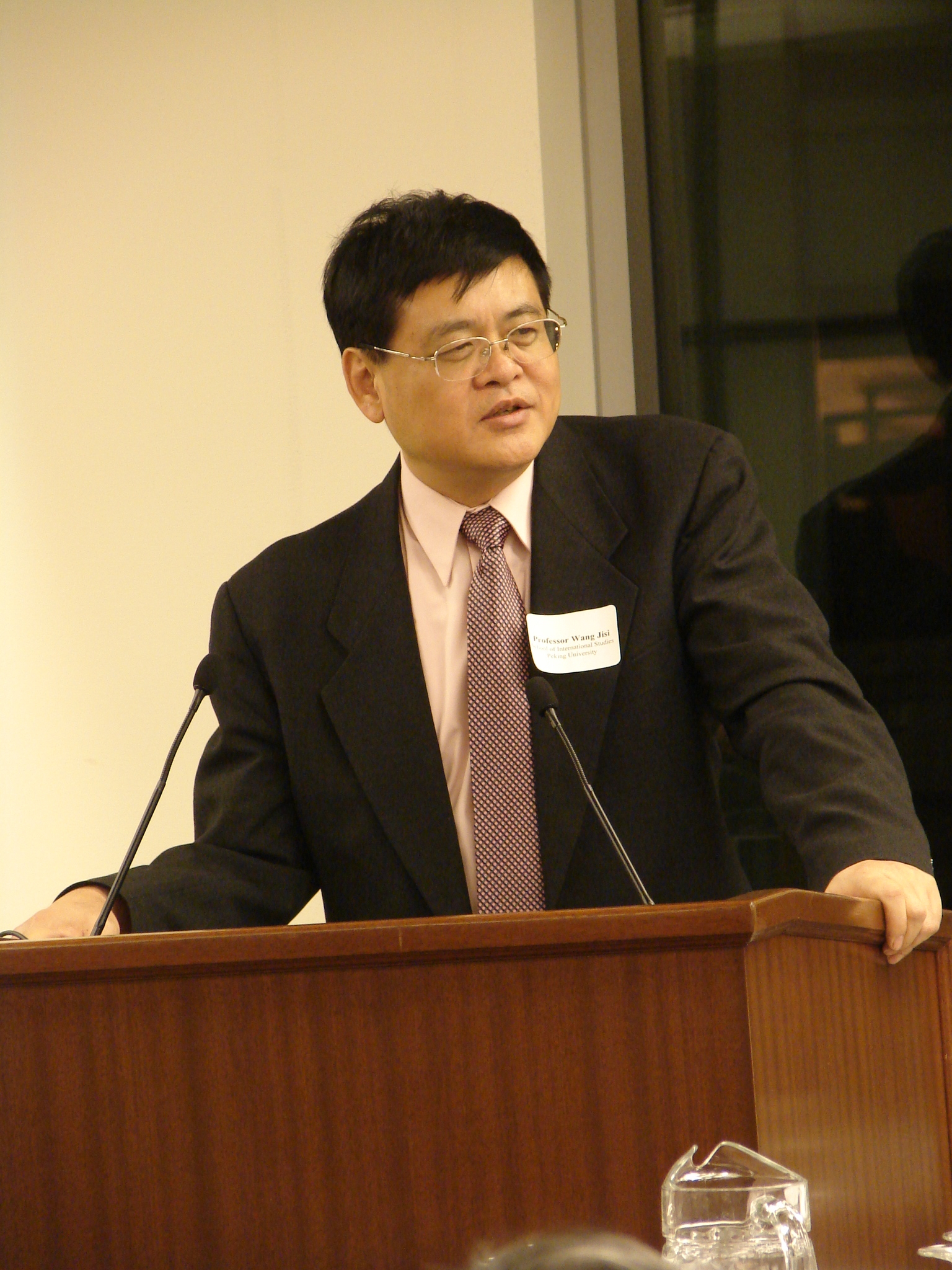Dr. David M. Lampton shares his perspective on how China’s strengths are changing, where vulnerabilities and uncertainties lie, and how the rest of the world, not least the United States, should view these trends.
The National Committee convened a conference call program for its members on the morning of March 24, to discuss the outcome of the March 22 Taiwan presidential election. While the election of KMT candidate Ma Ying-jeou was not a surprise, his large margin of victory was. The KMT, with its control of the Executive Yuan […]
David Denoon, an economist and political scientist on the faculty of New York University, gave National Committee members and guests an overview of the key findings of his recently published study, The Economic and Strategic Rise of China and India: Asian Realignments After the 1997 Financial Crisis. This public program was held on the evening of January 8 in New York.
Concern about the safety of products imported from China has added a new source of tension to U.S.-China trade relations. In this off-the-record conference call with National Committee members, three specialists offered their analysis of how the current issue has developed over the course of the last several months, examined dynamics within China that contributed […]
National Public Radio correspondent Rob Gifford traveled along China’s Route 312, from the dynamic metropolis of Shanghai to the remote border region with Kazakhstan. In China Road, Mr. Gifford uses people and scenes from his three thousand-mile trip to illustrate how China’s booming economy has, among other things, generated new opportunities for citizens, prompted a […]
In April 2007, the Council on Foreign Relations published the report of the independent task force it had convened to consider to a range of critical issues in the U.S.-China relationship. This distinguished group of specialists recommended that U.S. strategy toward China be directed toward an “affirmative agenda of integrating China into the global community” […]
The National Committee sends three bipartisian delegations of congressional senior staff members to China each year for a study tour to learn first-hand about issues impacting China and the U.S.-China relationship. Delegation members travel to Beijing and other regions of China to meet with counterparts working for China's central, provincial, and municipal governments, as well as with NGO leaders, academics, business leaders, and members of the media.
The National Committee regularly sends members of Congress to China, having arranged and escorted eight delegations since 2006. The week-long study tours are designed to educate the congressmen and women about China through personal introductions to senior Chinese leaders and a range of informative site visits and meetings.
In his book, Rising Star: China’s New Security Diplomacy, Bates Gill, Freeman Chair in China Studies, Center for Strategic and International Studies, traces the shift in China’s security diplomacy to several factors, among them its concern with American primacy in the post-Cold War world, its vision for its own peaceful rise and the emergence of “new thinkers” in China who have provided the theoretical underpinnings for a more pragmatic approach.
At this program, Professor Wang Jisi, dean, School of International Studies, Peking University, reprised one of the themes raised in his 2005 Foreign Affairs article, “China’s Search for Stability with America,” (see the Sept/Oct 2005 Foreign Affairs issue) and focused on areas where Chinese and American interests converge and diverge in Asia.
